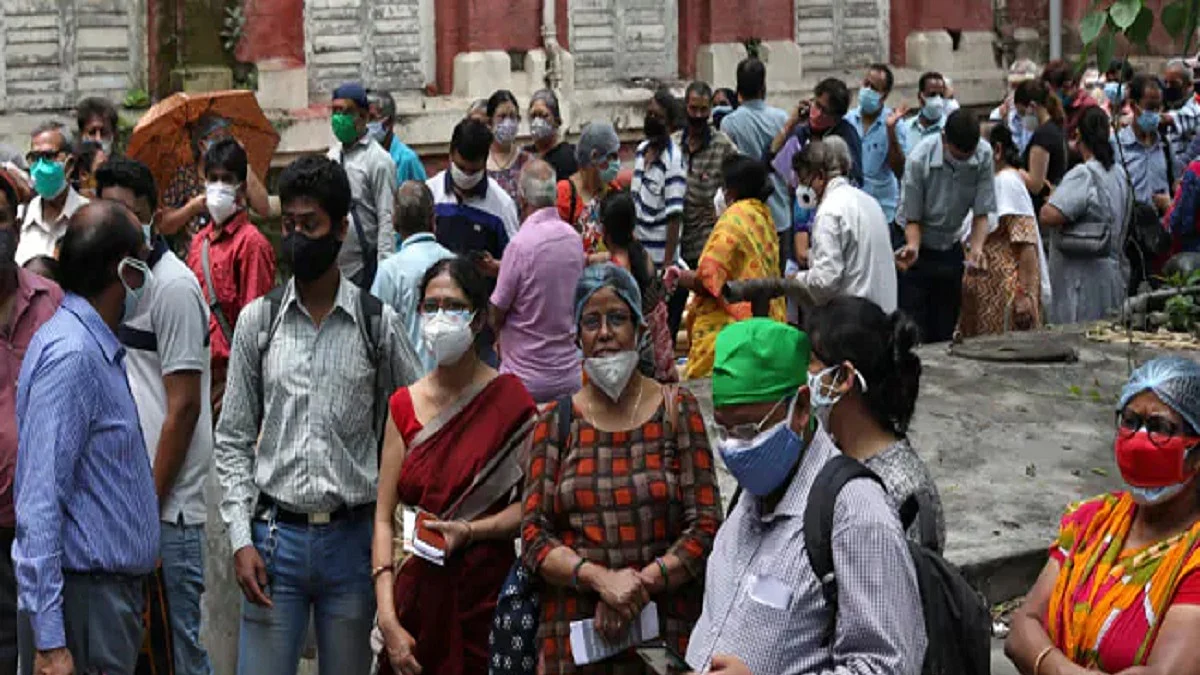Vaccine policy reversal clearly signals Modi has been jolted out of his comfort zone
The SC’s intervention, which pinned down the Centre despite its counsel virtually questioning the court’s jurisdiction, and pressure from people in form of election debacles for BJP played a huge role

It is now clear that Prime Minister Narendra Modi’s indifference to the burning problems facing the country and creating a space for him to pursue his own agenda, which mostly pertained to the periphery of national life, in the process giving him much ease of comfort, was a well-considered strategy.
Thanks to an unrelenting Supreme Court that pinned him down to the ground realities, and pressure from the people in the form of election debacles, Modi has been woken up from his comfort zone to act decisively about the vaccination issue.
The people of this country are beholden to the vanguard efforts of the Supreme Court bench, headed by Justice D Y Chandrachud and comprising fellow judges Justice LN Rao and S Ravindra Bhat, in forcing a reversal of the Modi government’s botched vaccination policy.
The court described the policy as ‘prima facie arbitrary and irrational’ and questioned the logic behind asking states to pay more for the vaccines under the liberalised policy, which allowed states to buy 50 percent of the vaccine from the manufacturers.
The court sought a roadmap of the availability of vaccines till December 31, along with the details of the Rs 35,000 crore set aside in the Union budget to buy doses. The bench even asked for a comparison of vaccines prices in India and abroad. It also asked for documents and file notings related to the Centre’s new policy.
The government tried to tell the court that these are policy matters that are beyond the realm of the court and even raised it as an issue of judiciary versus executive. The government used all opportunities that came its way to create a controversy over jurisdictions. Though in an unrelated case, Attorney General K K Venugopal told SC that no matter what orders the court might pass, Parliament has the powers to neutralise these.
But the bench headed by Justice Chandrachud, who was himself out of action for a while as he tested positive for COVID, refused to buy the government’s argument and made it clear it could not remain a silent spectator when executive policies infringed on constitutional rights of the people.
The court acted decisively although it ran the risk of being blamed for over-reach, which has become a regular narrative in view of the government showing an increasing tendency of shirking its responsibilities in crucial situations, whether it is dealing with consequences of the ill-timed lockdown or irrational decisions relating to black money or the introduction of GST.
The Constitution itself can be read in different ways. One approach is to see it as the sum total of a narrow reading of the statute clause by clause, which is what the government has been trying to do. The other approach is to look at the statute as a value system that is inherent in the whole body of the statute. The court has increasingly been showing an inclination towards the latter view.
Credit is also due to West Bengal’s Mamata Banerjee and the people of the state, who frustrated the saffron party’s no-holds-barred campaign to bring the state under its control. If they had failed, it would have emboldened Modi further to take the people of this country for granted and go on his own trip irrespective of what was happening on the ground.
Perhaps even more striking is the contribution of the panchayat voters of Uttar Pradesh, who showed BJP its rightful place in the civic polls, which saw the ruling party lose even its Hindu bastions of the Ayodhya-Kashi-Mathura circuit. The UP panchayat results provided a foretaste of what could be in store for the saffron party in the crucial assembly elections barely a year from now, forcing the Sangh Parivar to try and put its house in order.
(IPA Service)
Views are personal
Follow us on: Facebook, Twitter, Google News, Instagram
Join our official telegram channel (@nationalherald) and stay updated with the latest headlines
